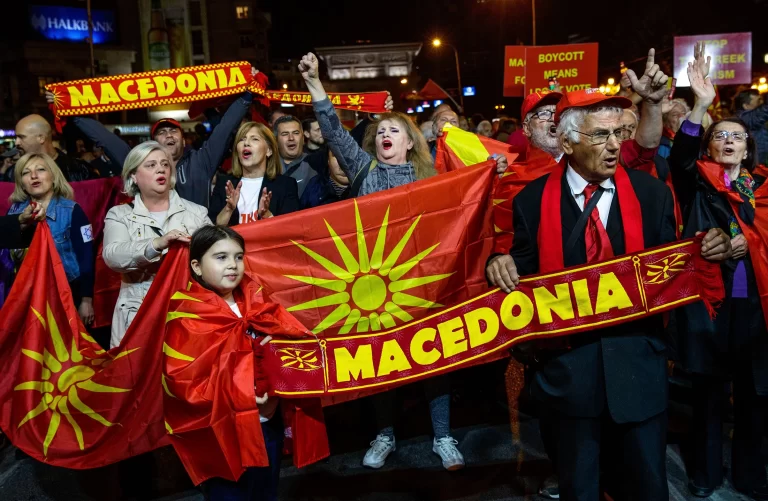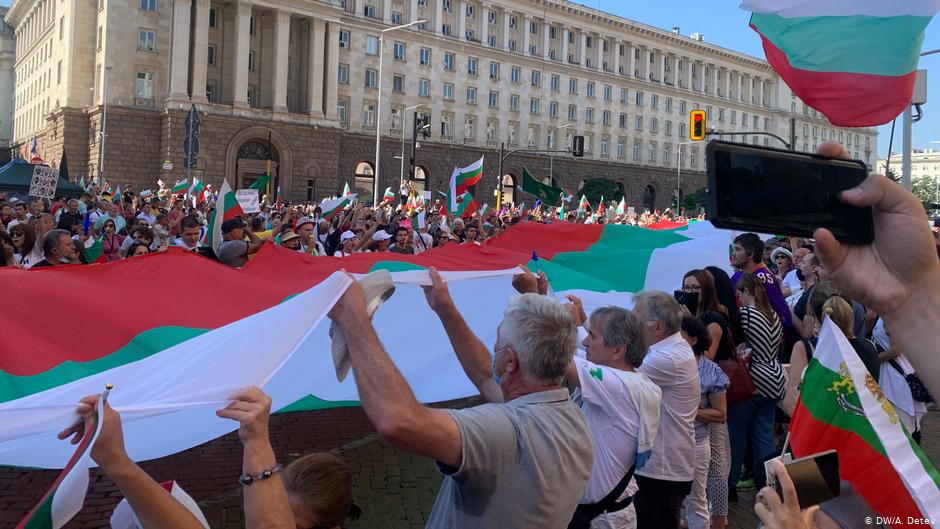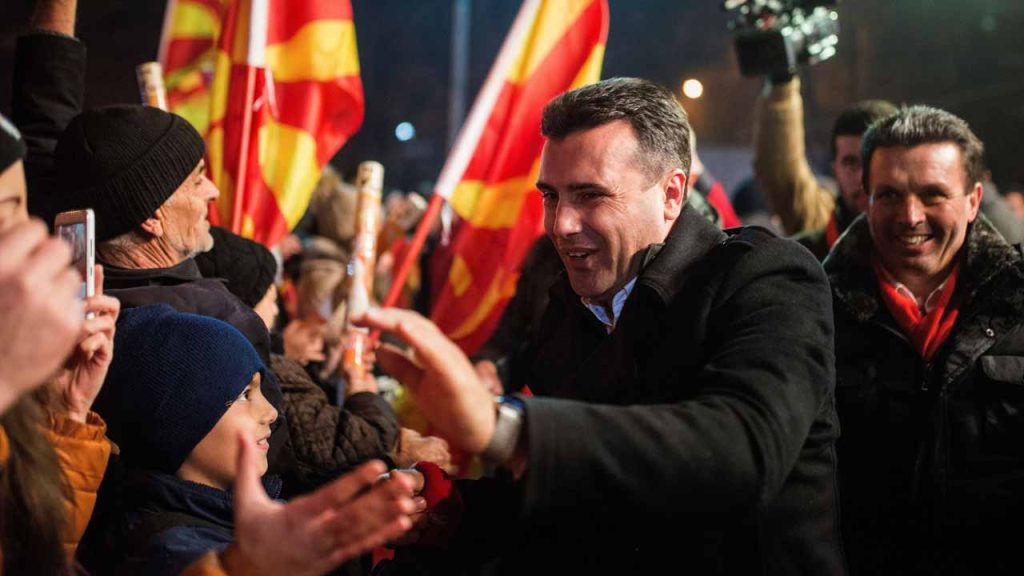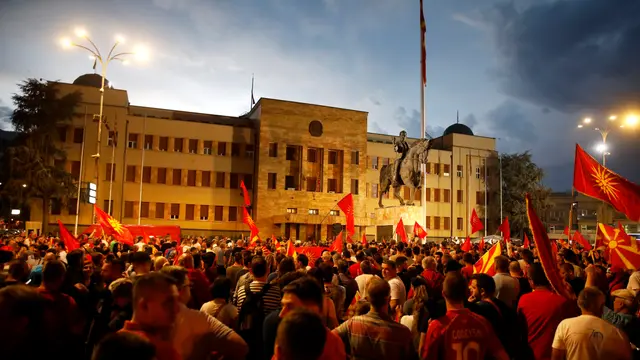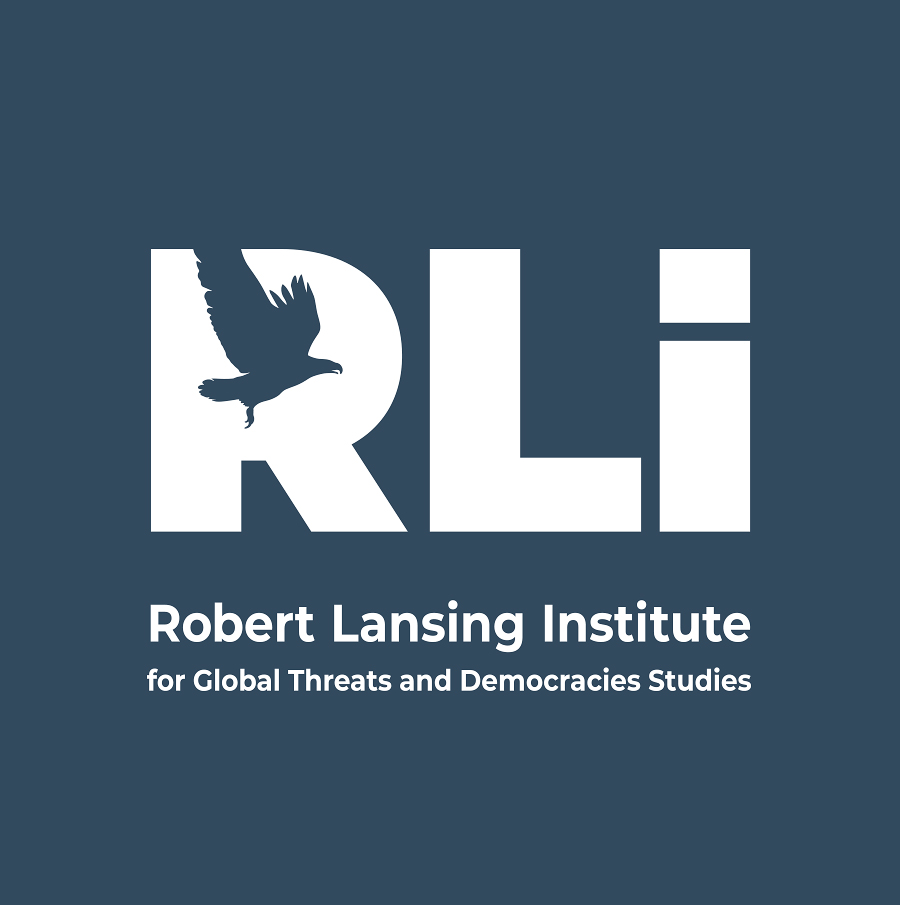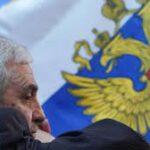Russian attempts to influence the destabilization of the Western Balkans are mainly carried out through countries with political instability, always using Serbian channels. Wherever a gap for maneuvering, Russian agencies entice in to act. An attempt for destabilization was recently seen in the protests organized in Skopje to oppose the French proposal, which would resolve the dispute between North Macedonia and Bulgaria meanwhile unlock negotiations for EU membership.
As known from the past, inter-ethnic incidents has been often sensitivity in North Macedonia, that’s why the last protests has been used to display posters against Albanian ethnicity, which would provoke violence of this kind. Fear for ethnic clashes in North Macedonia are shown also from Brussels. The MEP Viola Von Cramon, through a post on Twitter, expressed her concern that the unrest in North Macedonia is being used by Russia and other foreign actors, to destabilize the country, warning that they could potentially be spread in Montenegro.
Von Cramon blames the European Union for this, as she said: ‘when the EU fails to deliver touchable results for the progressive governments in the Western Balkans, the unrest can be exploited by foreign actors’. Also Albanian parties DUI and the Albanian Alliance have characterized protests as anti-European instigated by pro-Russian elements.
Meanwhile, the president of North Macedonia, Stevo Pendarovski, expressed concern that the recent protests in Skopje were influenced by Russian elements. He accused the Moscow of directly interfering in internal affairs and financing some political entities, but he didn’t mentioned names concretely.
Russia has shown interest in increasing its influence in the region even before, but since the invasion of Ukraine, attempts to destabilize the Western Balkans countries have been consecutive. Whereas in North Macedonia, Russian interests expected to increase because North Macedonia seems close to resolving the dispute with Bulgaria, as it accepted the French proposal, which paved the way for negotiations for EU membership. Of course, Russia’s goal is to prevent the integration of the Balkans into the EU and any other initiative that brings the region closer to NATO and the EU. North Macedonia signed the NATO membership protocol in February 2019, Russia did the same, by condemning this act.
Russia will also ‘take care’ to prevent the integration of North Macedonia in the EU, creating crises where it can find a gap, and this is not because of North Macedonia itself, but by creating crises in the Balkans, Russia will challenge the West. We know that the invasion of Ukraine has worsened tensions between Russia and the West, and of course that Russia will try to prevent any expansion of either NATO or the EU, add here the Serbian claims that it is following in Russia’s footsteps, to take the primacy of ‘the strong’ from the countries of the former Yugoslavia.
North Macedonia is committed to the European Union path, this has been reinforced by the Macedonian Assembly that approved French proposal, which aims to overcome the disagreements between Sofia and Skopje for the Macedonian language and identity. This will lead North Macedonia European perspective. North Macedonia has also condemned the Russian invasion of Ukraine and has joined the EU sanctions for closing the airspace against Russia. Let’s remember also that only in 2022 North Macedonia expelled 5 Russian diplomats in March and 6 Russian diplomats in April, declaring them as undesirable persons, as they had acted contrary to the Vienna Convention on Diplomatic Relations.


